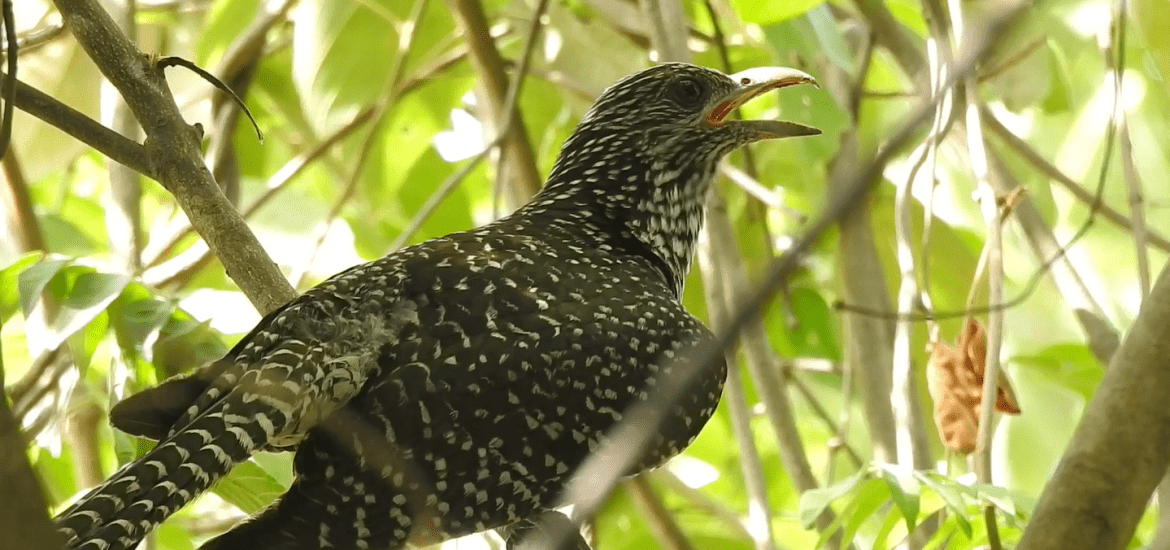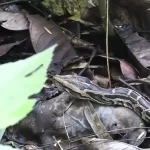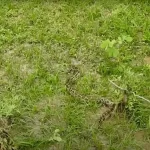A majority of cuckoo species are brood parasites, i.e. they dispense with the chores of building their own nest and let their hosts do the painful job of raising their young ones. This behaviour is a marvel of evolutionary process, developed over millions of years. Asian Koel is a brood parasite on Indian Jungle Crow and House Crow. In Corbett Tiger Reserve, it primarily targets Indian Jungle Crows for raising its young ones. Towards the beginning of the breeding season, the cuckoo pair keeps an eye for all the breeding activity of their host pairs in their territory and time their mating accordingly. Unlike other female birds, a females of the brood parasitic cuckoo can hold the eggs that are ready to be laid, as it has to find the right opportunity to replace an egg in the nest of its host species. Cuckoo eggs resemble the eggs of their hosts, bringing down possibilities of the host becoming suspicious of something gone wrong in their nest. One egg each is replaced in several nests of the host species, to maximise the possibility of survival for the next generation of cuckoos. Cuckoo eggs hatch in shorter span of time as compared to their host bird’s eggs and as soon as a cuckoo egg hatches, the newly hatched chick pushes out all other eggs from the nest, ensuring that it gets all the feeding from its foster parents. Once raised to the stage when the chick fledges from the nest, it goes back to its real parents, who had been vocalising all this time to probably decode the genetic encoding in the chick’s mind that tells it where it belongs.
Asian Koel is a common sight in and around Jim’s Jungle Retreat during March-October period when the species breeds in the area. Jim’s Jungle Retreat naturalist Jeewan Rautela recently recorded this female Asian Koel at the Retreat.
Asian Koel at Jim’s Jungle Retreat





